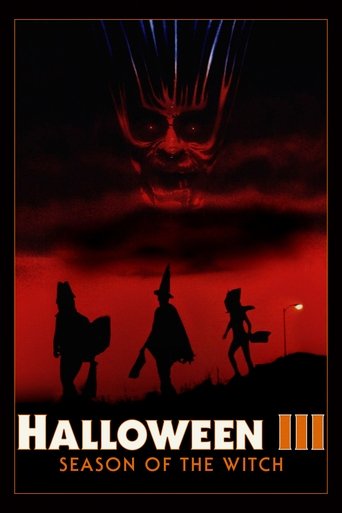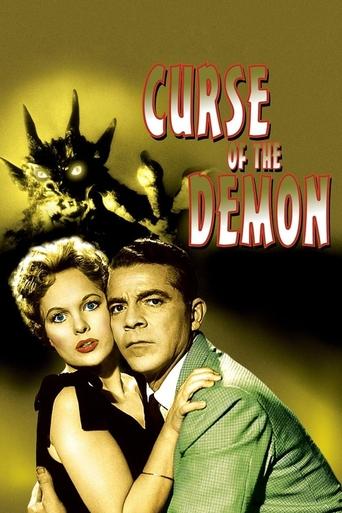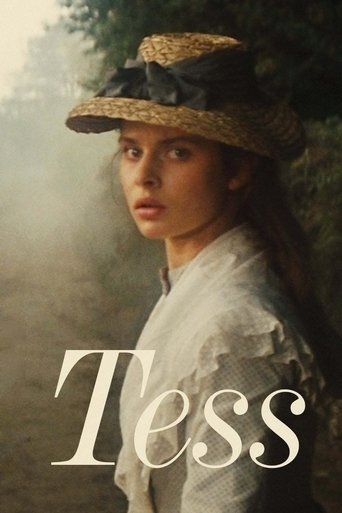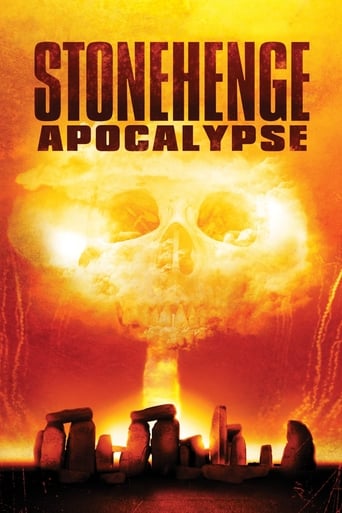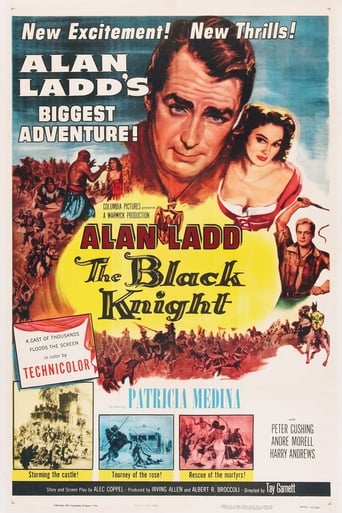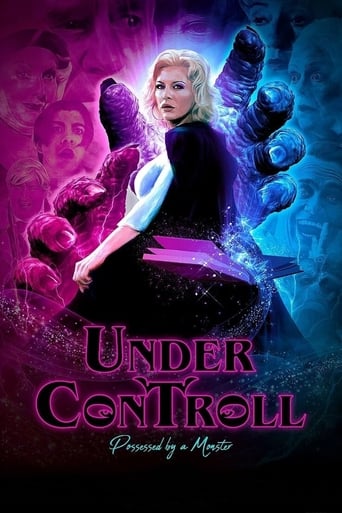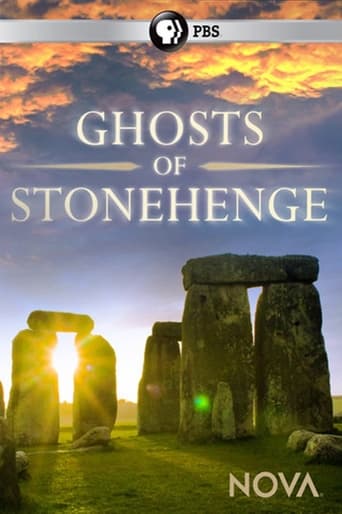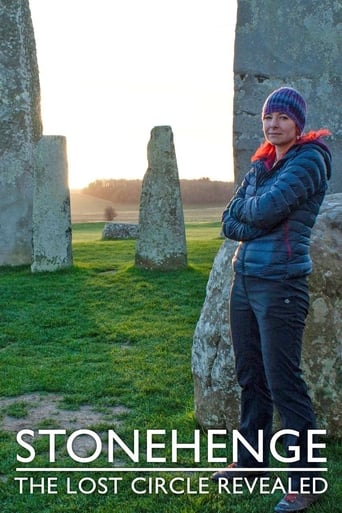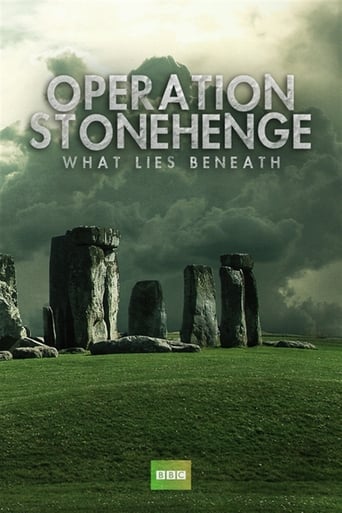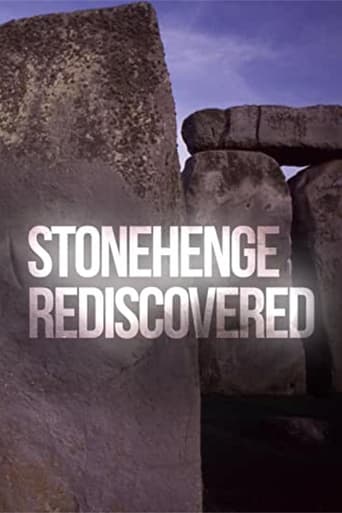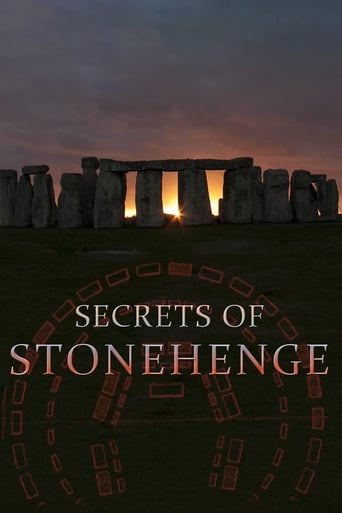Atslēgvārds Stonehenge
Puika, kas kļūtu par karali 2019
Parasts angļu skolas puika Alekss pēkšņi kļuvis par karaļa Artūra leģendārā zobena īpašnieku. Pie zēna vēršas burvis Mārvins, pastāstot, ka Aleksam lemts turpināt karaļa Artūra iesākto un izglābt pasauli no ļaunās burves Morganas, pirms viņas lāsti nav iznīcinājuši visus Zemes iedzīvotājus. Bet karalis taču nedodas kaujā ar ienaidnieku viens, bez saviem Apaļā galda bruņiniekiem – un tos zēns izvēlas nekur citur, kā starp skolas biedriem klasē. Jāpasteidzas, jo ļaunums jau ir pievārtē!
Night of the Demon 1957
Tess 1979
The Black Knight 1954
Under ConTroll 2020
Ghosts of Stonehenge 2017
Land of Tradition 1950
A History of Britain 2000
Stretching from the Stone Age to the year 2000, Simon Schama's Complete History of Britain does not pretend to be a definitive chronicle of the turbulent events which buffeted and shaped the British Isles. What Schama does do, however, is tell the story in vivid and gripping narrative terms, free of the fustiness of traditional academe, personalising key historical events by examining the major characters at the centre of them. Not all historians would approve of the history depicted here as shaped principally by the actions of great men and women rather than by more abstract developments, but Schama's way of telling it is a good deal more enthralling as a result. Schama successfully gives lie to the idea that the history of Britain has been moderate and temperate, passing down the generations as stately as a galleon, taking on board sensible ideas but steering clear of sillier, revolutionary ones. Nonsense. Schama retells British history the way it was--as bloody, convulsive, precarious, hot-blooded and several times within an inch of haring off onto an entirely different course. Schama seems almost to delight in the goriness of history. Themes returned to repeatedly include the wars between the Scots and the Irish and the Catholic/Protestant conflicts--only the Irish question remains unresolved by the new millennium. As Britain becomes a constitutional monarchy, Schama talks less of Kings and Queens but of poets and idea-makers like Orwell. Still, with his pungent, direct manner and against an evocative visual and aural backdrop, Schama makes history seem as though it happened yesterday, the bloodstains not yet dry.
